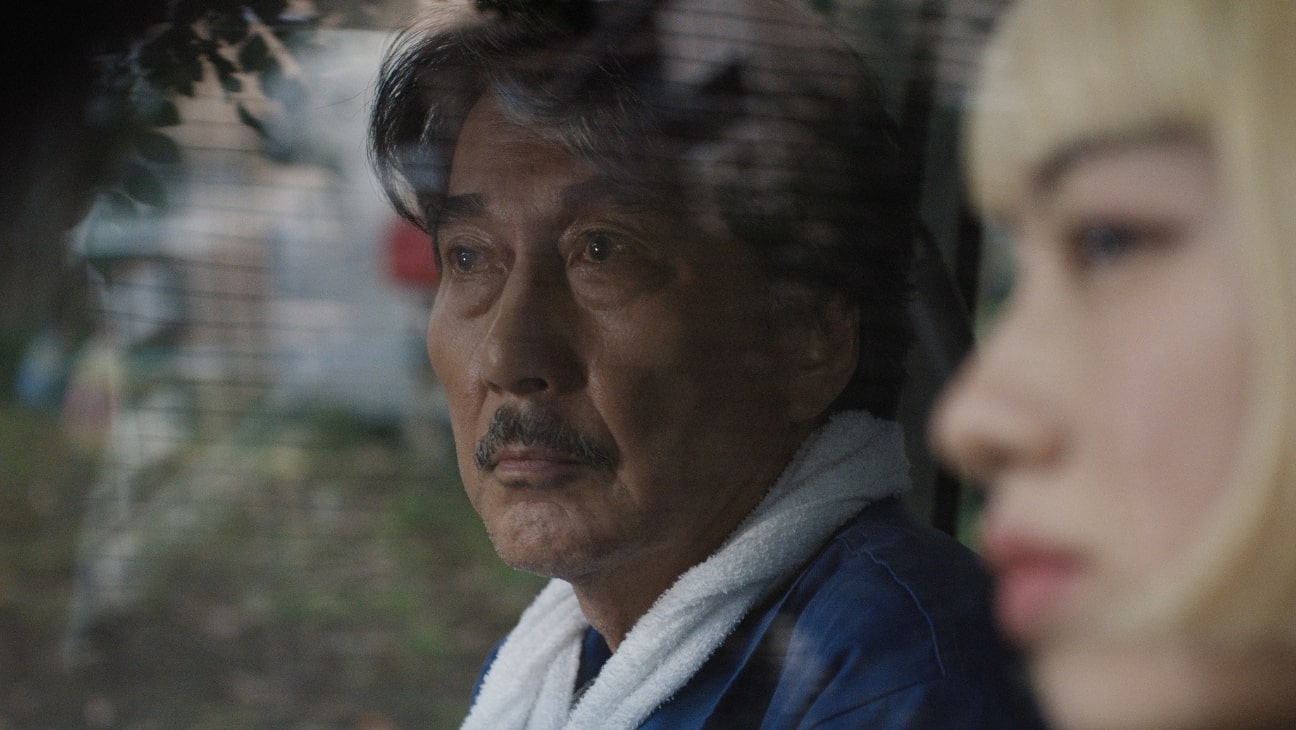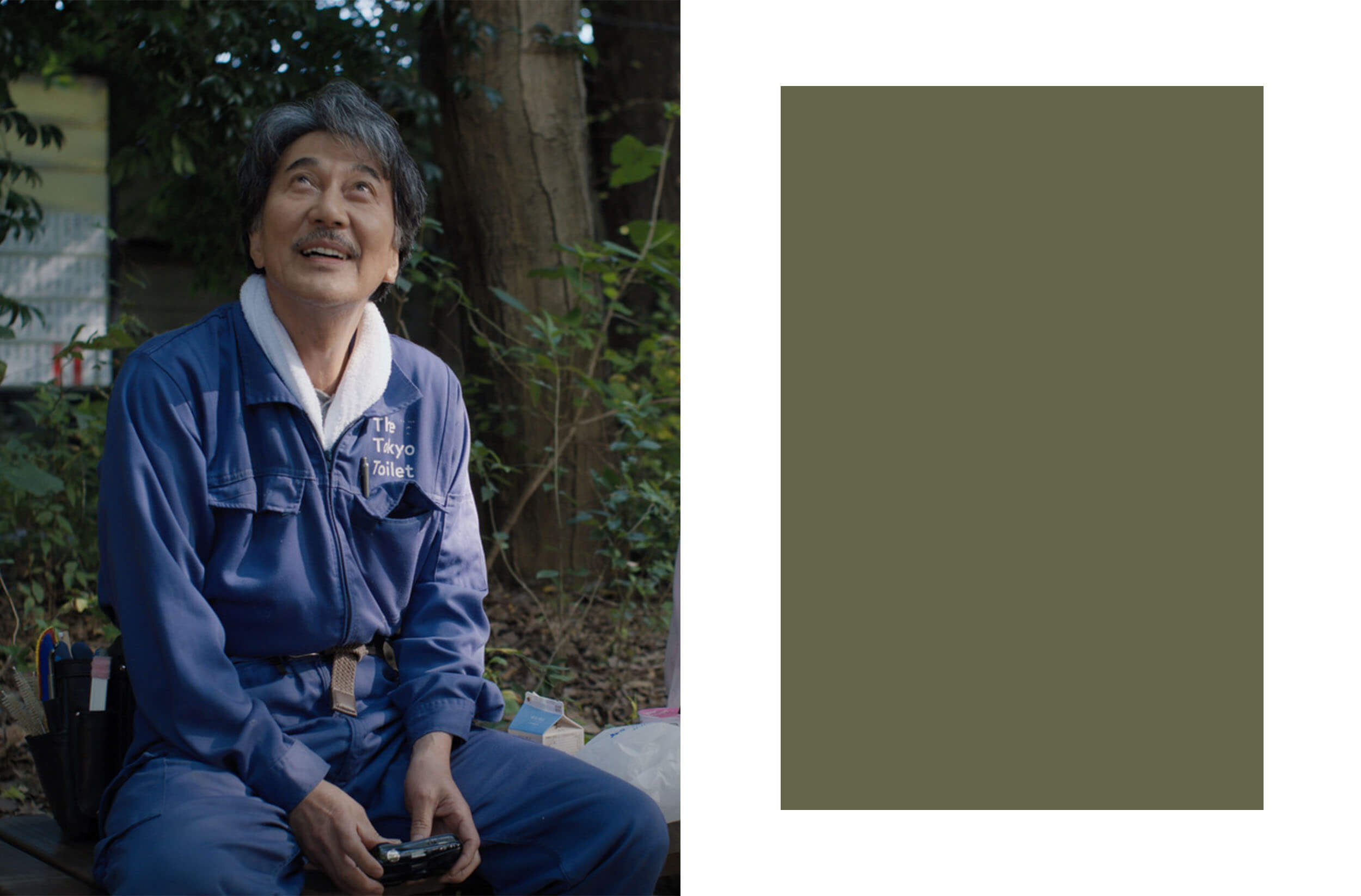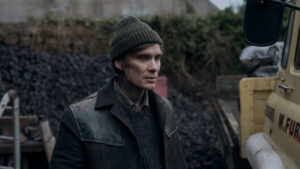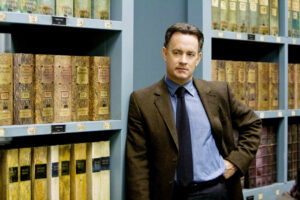Wim Wenders‘ new movie is a work of art. No euphemisms, no solemnization. It is a work of art in the most literal sense of the expression: a representation of reality and humanity to contemplate and internalize. As much as, similarly, in the film, the existence and nature of man are contemplated in a specular manner.

I’ve watched “Perfect Days” one and a half times: the preview screening for the press was interrupted mid-flow, about halfway through the film, due to technical issues (the Anteo server was acting up that morning), leaving me with a pounding heart and a lot of questions on the tip of my tongue. I was electrified by how much the film was captivating me – a film that, as I left the theater, I instinctively described to the first person I spoke to about it as “almost without a plot”. “It’s the story of a gentleman who professionally cleans public bathrooms in Tokyo and hardly ever speaks, but he’s always so peaceful and serene and kind to everyone, even though no one is kind to him”, I told them. I had only half-formed an idea which ended up being correct. A few weeks later, I went to see the film again, this time from beginning to end, and the story of the man who cleans Tokyo’s bathrooms evolved into the tale of a man full of grateful wonder for every small piece of life he had built, filling my heart, eyes, and the void space behind them.
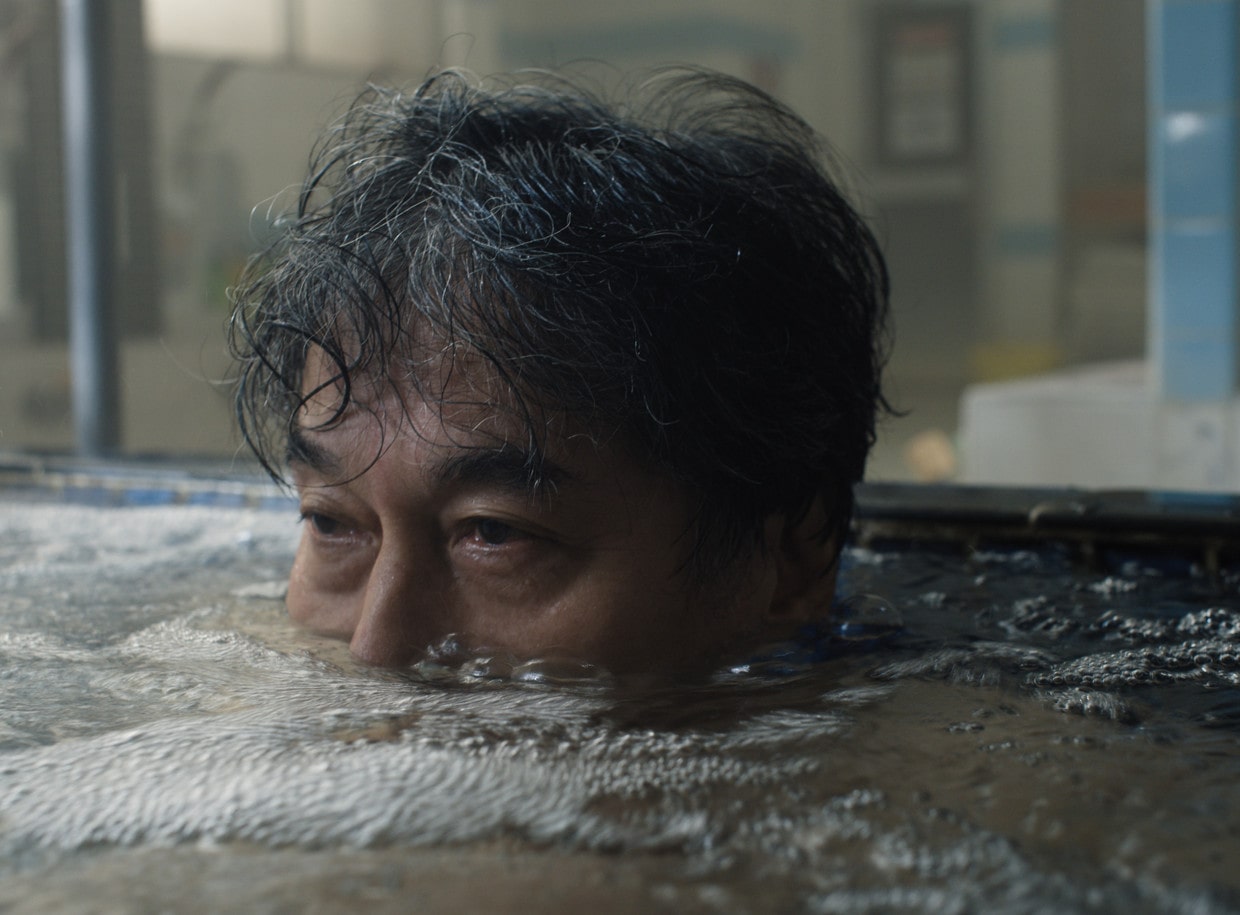
Hirayama has a simple daily routine: he wakes up very early in the morning when the sky is still indigo and Tokyo is asleep, washes his face and brushes his teeth, shaves meticulously, adjusting the length of his mustache to the millimeter, waters his plants all lined up in a small greenhouse room in his house, puts on his work overalls, picks up his keys and some change from the neatly arranged items on the entrance shelf, and has breakfast with a cold drink from the dispenser just outside his front door. At this point, his days begin: Hirayama enters his pickup truck full of self-made tools, chooses a soundtrack from his collection of old cassette tapes, and travels through the city, from public bathroom to public bathroom.
“The fact that it’s about toilet cleaning creeps me out a bit, I guess”, said a hesitant acquaintance who hasn’t seen “Perfect Days” yet. But sponges, rags, soap, and elbow grease in this film are threads of a large metaphorical canvas: Hirayama dedicates himself with precision, indeed with passion, to cleaning the toilets because he firmly believes that every element inhabiting the Earth, whether it’s nature, people, or objects of public use and dominion, should be treated with care, gratitude, and sanctity. “And Tokyo’s bathrooms are art, pure avant-garde, anyways”, I insisted.

The interesting bit is that Hirayama communicates all this and much more, but without actually saying a word (or almost). And it’s all right, just like his days are, filled with care and contemplation.
When he goes back home in the evening, Hirayama reads novels and poems on his futon until his eyelids drop like curtains on the show of the day, and the night begins, filled with black and white dreams.
On Sundays, Hirayama doesn’t work and spends his free time listening to Lou Reed, Patti Smith, Van Morrison, the Velvet Underground, scanning rolls of photographs of trees he takes during his lunch break while eating his sandwich in the park, marveling at the light filtering through the leaves (“komorebi”) every day, as habitual as he is.
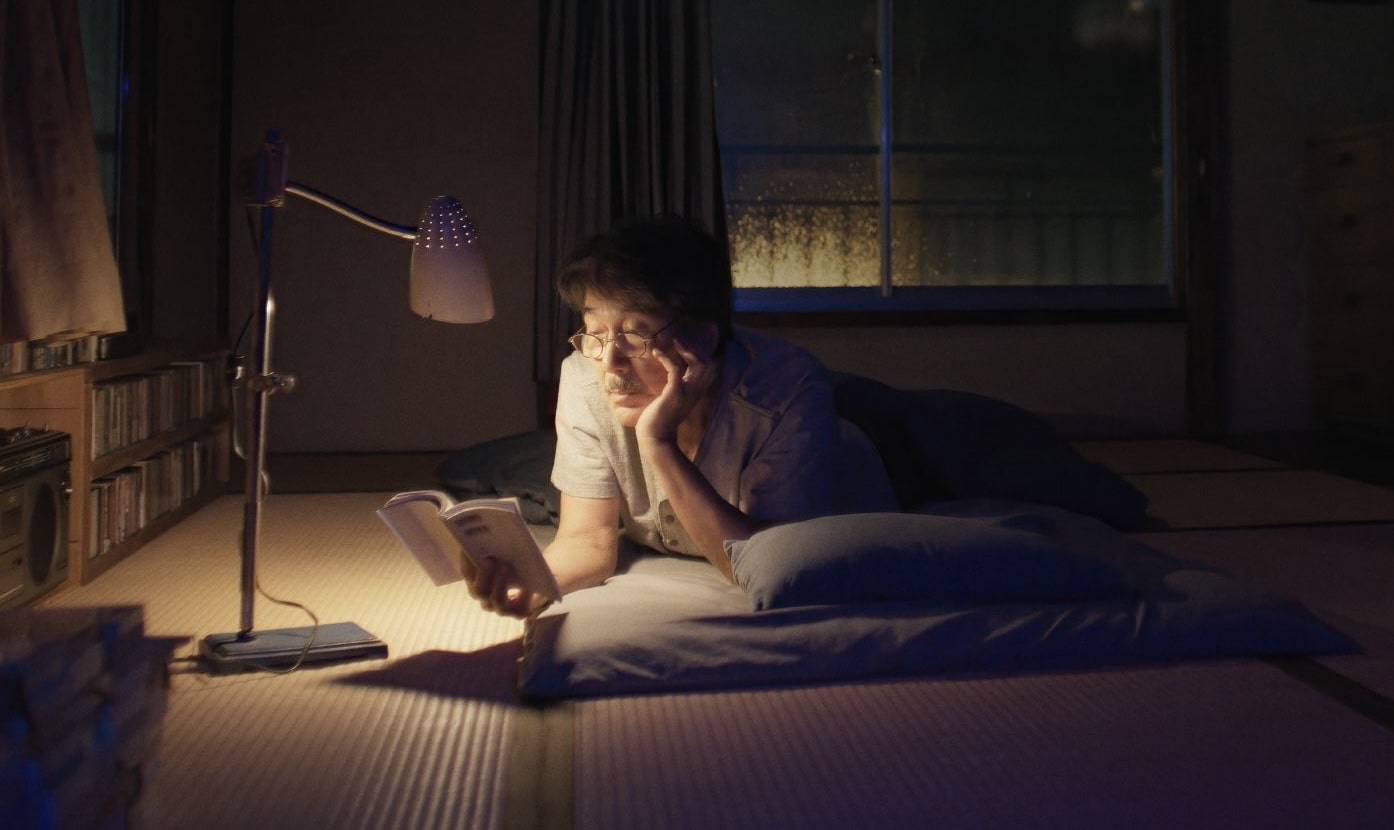
Until unexpected events disrupt his daily puzzle, and Hirayama is then forced to speak out because he has to, if he wants to put the pieces back together when “disturbing elements” interfere with his perfect days. Yet, what may seem to us like a tragic disruption of long-standing balances is, instead, a lesson and an opportunity for gratitude for the present moment that makes each day not too similar to the one before.
“Now is now. Another time is another time”: among Hirayama’s few uttered words, there is a mantra, which is nothing more than, once again, a contemplative appreciation of life.
After leaving the cinema, my second time, we could only muster a few words – maybe we wanted to be like Hirayama. Communication doesn’t always require words. We looked around, blinded by the light of the early afternoon (komorebi?), and walked in silence, carefully traversing streets we had walked a thousand times before. “Look at how the sun hits the side of those houses” and “Come, let me show you my favorite building in Milan”.
Without saying anything, we were saying everything.
